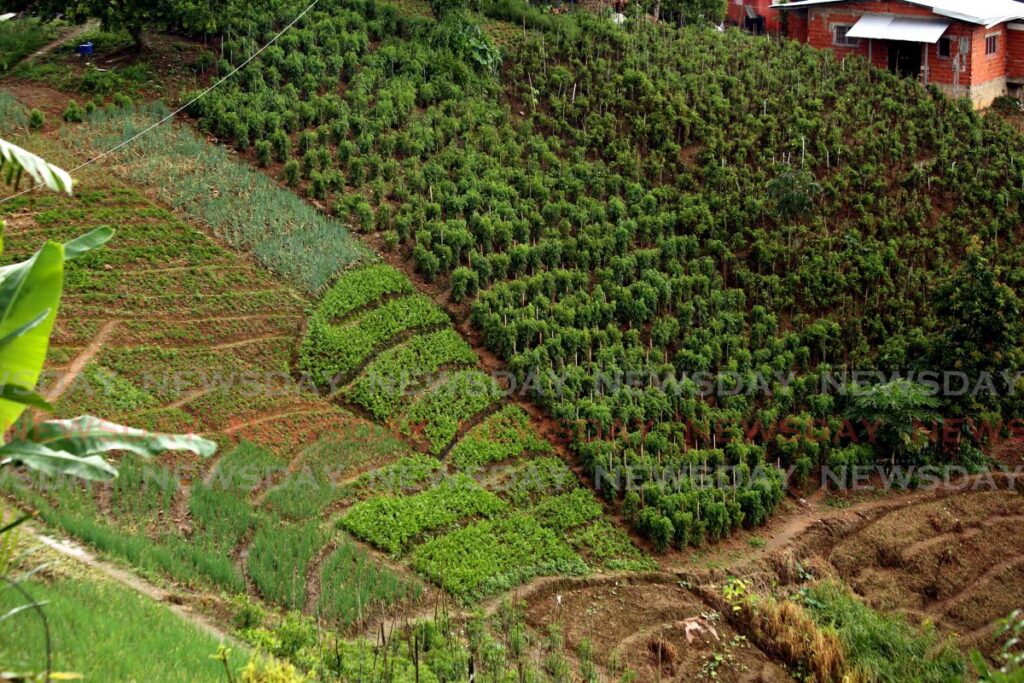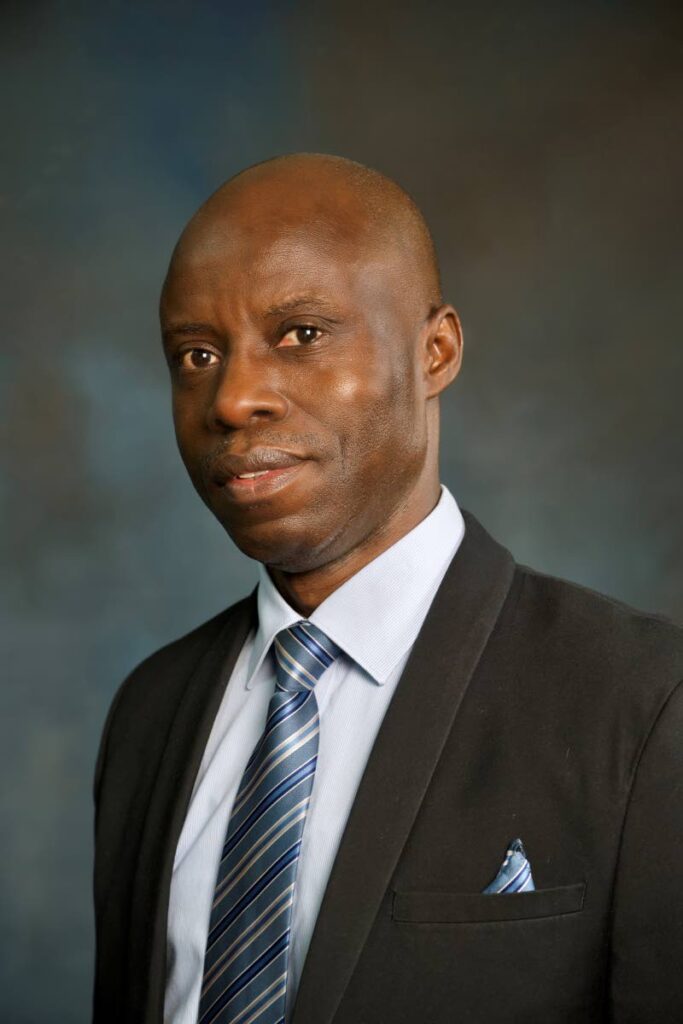Go back to the basics: Manage soils first for sustainable development

UWI on the ground
A university must be centred in the community, leading on the key issues of the day. Accordingly, the University of the West Indies, St Augustine, offers this public service series where its leading scientists and researchers will address climate and disaster challenges – Series 1.
Today, Dean of the Faculty of Food and Agriculture, soil scientist specialising in soil physical, hydrological and environmental management Dr Mark Wuddivira, speaks on the dire need to manage and upgrade our soils if we are to reduce negative impacts and disasters, and attain sustainability.
Professor Rose-Marie Belle Antoine
Principal, UWI, St Augustine
Mark Wuddivira, PhD
Dean of the Faculty of Food and Agriculture
To understand and navigate through the stubborn problems of food security, climate, and environmental issues facing society today; we must go back to the basics. We must start first with soil, and understand and appreciate the fundamental role of soil, this complex matter that we disdainfully call “dirt.”
Whether you agree with the statement that we were “made from the dust of the earth (soil)” or not, you cannot deny the fact that our frame and the quality of our lives are knitted in what we eat, whether of plant or animal source – that comes from the soil.

We generally are not concerned about soil. We usually find it inconsequential in the scheme of our lives and are ignorant of its importance and do not appreciate the fact that without it; survival on the planet earth is impossible. This has led us to misuse and degrade this vitally important natural resource, leading to lowering its productive capacity, sometimes permanently destroying its productivity, with the consequent food insecurity issues, and climatic and environmental issues that befall us. This ignorance and misuses of soil are particularly prevalent in our island states, where soil care should have been the fundamental focus, given its non-renewable nature, limited geographical extent, fragility, and ease of degradation in our islands.
Notwithstanding this, for many of us, the soil is just dirt that must be approached with derision, rather than a resource that must be managed sustainably for posterity, validating this most caring and poignant quotation about the soil and the environment: “We do not inherit the earth from our ancestors; we borrow it from our children.” Without knowing that our ecosystems and the soil capital therein are fragile, we will not manage the soil to make it resilient for sustainable productivity and more so in the face of changing climate.
Well-managed and resilient soil supports agricultural productivity, increases water infiltration, increases water recharge to aquifers, decreases downstream flooding, and associated surface water and environmental pollution. It is also critical for the integrity of engineering applications such as buildings, bridges, and roads on our very unstable heavy, and expansive soils of the south and central Trinidad, and the landslide-prone soils of northern Trinidad.
Besides its fragility, the islands of Trinidad and Tobago are endowed with opulent interspersed soil types that exist nowhere else. It is what you can refer to as a "callaloo" of soils whose variation in type far outnumbers soil types in continental countries with large land masses. This large variation within short distances presents onerous challenges in the management of these soils. However, soil areas coupled with the major threats of urbanization, deforestation, land use change, cultivation practises, pollution, saline water intrusion in coastal communities, quarrying activities on the northern range, oil spills, and the indiscriminate construction of engineering structures in the absence of adequate soil information, erosion hazards, and climate-change impact, are rapidly degrading and decreasing the resilience of our soils.

Being aware of these threats, at the Faculty of Agriculture, UWI, we have researched these variable soils across TT for management and sustainability.
For instance, we investigated the sensitivity of these soils to degradation. We found that more than 96 per cent of Trinidad soils are highly sensitive to disintegration as a result of the impact of energetic raindrops and rapid wetting from intense rainfall, whose intensity and aggression have increased as a result of climate change. Consequently, we developed a soil quality rating that allows us to rate a given soil to proffer workable solutions using robust management strategies that ensures sustainable productivity. For soils rated as low sensitivity to disintegration, we advise that the prevailing management practices should be maintained to ensure sustainable productivity of the soil under harsh climatic conditions. For high-sensitivity soils that easily degrade, nature-based solutions such as the addition of organic matter above the one inherently contained in the soil, avoidance of practises that lead to the building up of sodicity, such as saltwater intrusion, and engaging in hillside cropping systems that maintain a ground cover are necessary to alleviate disruptive pressures and degradation. For effective management and sustainability, we have also digitally mapped the soil variability, soil organic carbon, and salinity.
The UWI is therefore available and willing to help you to make a sustainable decision in the use of your land using the data of its soil. We are available to collaborate with all state agencies, communities, and nationals of TT in any efforts to improve climate resilience and sustainability.


Comments
"Go back to the basics: Manage soils first for sustainable development"